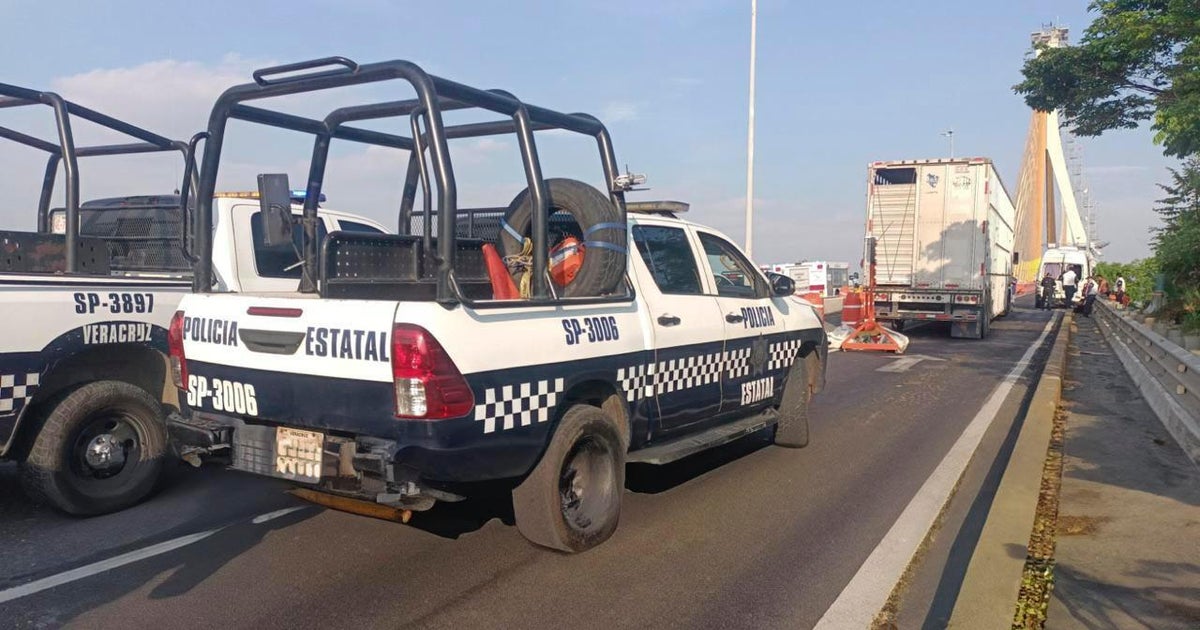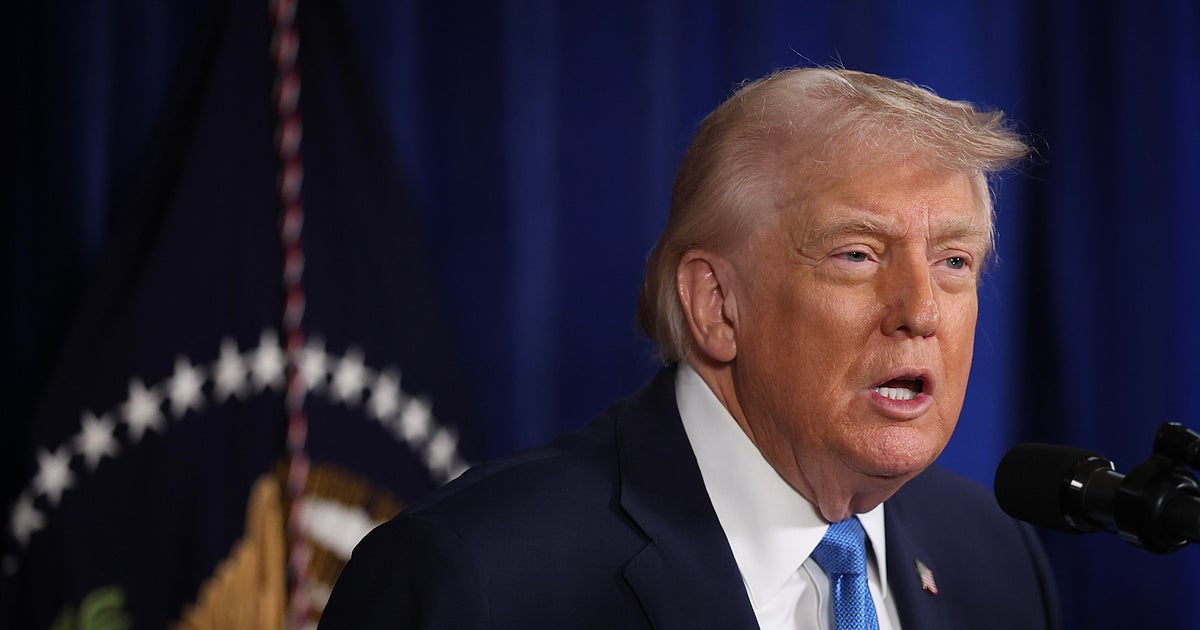‘Everything is lining up’ — Tokenization is having its breakout moment
Bullish
71.0

Tokenization of real-world assets (RWAs) is evolving from an abstract concept to a practical financial tool as institutional players increasingly test and deploy blockchain-based infrastructure at scale.This past week alone saw a flurry of announcements from both traditional financial institutions and blockchain-native firms advancing their RWA initiatives.On April 30, BlackRock filed to create a digital ledger technology shares class for its $150 billion Treasury Trust fund. It will leverage blockchain technology to maintain a mirror record of share ownership for investors.The DLT shares will track BlackRock’s BLF Treasury Trust Fund (TTTXX), which may only be purchased from BlackRock Advisors and The Bank of New York Mellon (BNY).On the same day, Libre announced plans to tokenize $500 million in Telegram debt through its new Telegram Bond Fund (TBF). The fund will be available to accredited investors and usable as collateral for onchain borrowing.The week’s biggest headline came from Dubai, where MultiBank Group signed a $3 billion RWA tokenization deal with United Arab Emirates-based real estate firm MAG and blockchain infrastructure provider Mavryk. The deal is touted as the largest RWA tokenization initiative to date.Source: MultiBank“The recent surge isn’t arbitrary. It’s happening because everything’s lining up,” Eric Piscini, CEO of Hashgraph, told Cointelegraph:“Rules are getting clearer in major markets. The tech is stronger, faster, and ready to scale. And big players are actually doing it — BlackRock is tokenizing funds, Citi is exploring digital asset custody, and Franklin Templeton has tokenized money market funds on public blockchains.”Related: Real-world asset tokenization: Unlocking a new era of financeTokenization has moved beyond theoryMarcin Kazmierczak, co-founder of RedStone, said the recent announcements “demonstrate that tokenization has moved beyond theoretical discussions into practical application by market leaders.”He added that the growing adoption by big institutions gives the space more credibility, making others feel more confident to join in and help boost new ideas and investments.Kazmierczak stated that the renewed interest in RWA tokenization is primarily driven by US President Donald Trump’s pro-crypto administration and growing regulatory clarity.Trump, who has pledged to “make the US the crypto capital of the world,” has taken a different approach to crypto compared to the Biden administration. That era saw an aggressive crackdown from the US Securities and Exchange Commission (SEC) and the Department of Justice (DOJ), prompting many firms to withdraw from US operations.However, the narrative appears to be shifting. Since Trump’s election victory, the SEC has dropped or paused over a dozen enforcement cases against crypto companies.Additionally, the DOJ recently announced the dissolution of its cryptocurrency enforcement unit, signaling a softer approach to the sector.Source: ALXAside from regulatory clarity, advancements in technological capabilities, especially in wallets, have also played a key role in driving tokenization adoption, Felipe D’Onofrio, chief technology officer at Brickken, said.“In parallel, macroeconomic pressures are pushing institutions to search for efficiency and liquidity in traditionally illiquid markets,” he added.Related: New era in mining: How tokenization can transform the salt industryEthereum remains main hub for tokenizationEthereum continues to serve as the primary hub for RWA tokenization, thanks to its mature ecosystem, broad developer support and robust infrastructure.“Ethereum remains by far the most suitable blockchain for large-scale RWA issuance due to its unparalleled security, developer ecosystem, and institutional adoption,” Kazmierczak said.However, he noted that dedicated RWA-specialized ecosystems like Canton Network, Plume, and Ondo Chain are building compelling alternatives with features designed explicitly for compliant asset tokenization.According to data from RWA.xyz, the market value of tokenized US Treasurys currently stands at $6.5 billion. Ethereum accounts for the lion’s share of the market, hosting over $4.9 billion in tokenized Treasurys.Source: RWA.xyzHerwig Koningson, CEO of Security Token Market, said companies like BlackRock have shown that it’s possible to build large-scale tokenized products, worth billions of dollars, using more than one blockchain at the same time.He said this shows that the success of tokenizing assets doesn’t depend so much on which blockchain is used, but rather on what the company needs the system to do.“This is why you will see many banks and traditional firms use permissioned blockchains or even private DLT systems,” Koningson said.Related: $21B tokenized RWA market doubtful, institutions uninterested — Plume CEOChallenges remain, but growth potential is hugeYet hurdles remain. Regulation continues to be a significant barrier, especially for risk-averse institutions requiring guarantees around compliance and privacy.Technical limitations also persist, chiefly the lack of interoperability between blockchain platforms, according to Piscini. However, he said hybrid models are gaining traction by offering the privacy of permissioned systems with optional future interoperability with public chains.Looking ahead, Piscini estimated that more than 10% of global financial assets could be tokenized by the end of the decade. D’Onofrio also made a modest projection, estimating that between 5% and 10% of global financial assets could be tokenized by 2030.On the other hand, RedStone’s Kazmierczak predicted that approximately 30% of the global financial system will be tokenized by the end of this decade.In terms of numbers, STM.co predicted that the world’s RWA market will be anywhere between $30 and $50 trillion by the end of 2030.Most firms predict that the RWA sector will reach a market size of between $4 trillion and $30 trillion by 2030.If the sector were to achieve the median prediction of about $10 trillion, it would represent more than 50 times the growth from its current value of around $185 billion, including the stablecoin market, according to a Tren Finance research report.Magazine: Tokenizing music royalties as NFTs could help the next Taylor Swift
Pulse AI Analysis
Pulse analysis not available yet. Click "Get Pulse" above.
This analysis was generated using Pulse AI, Glideslope's proprietary AI engine designed to interpret market sentiment and economic signals. Results are for informational purposes only and do not constitute financial advice.








